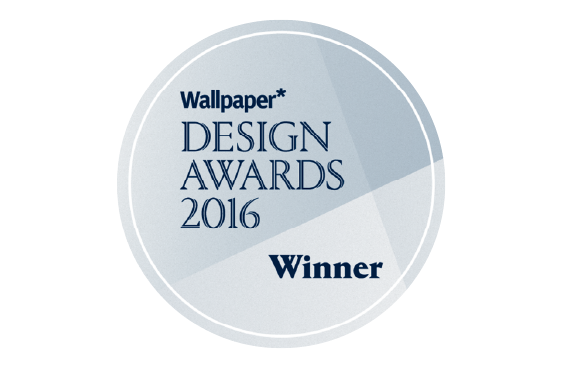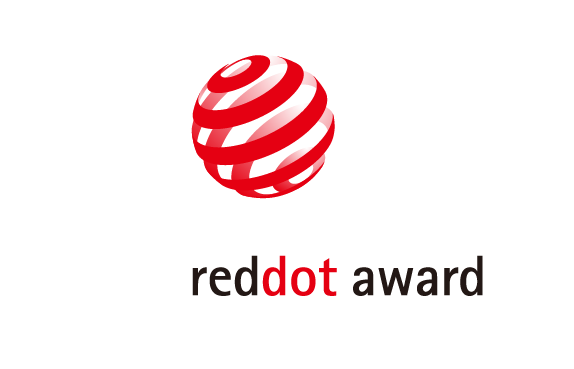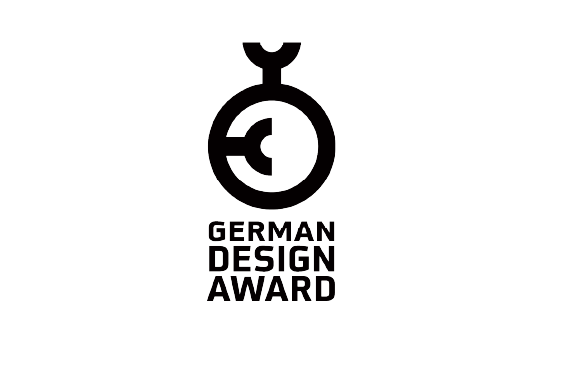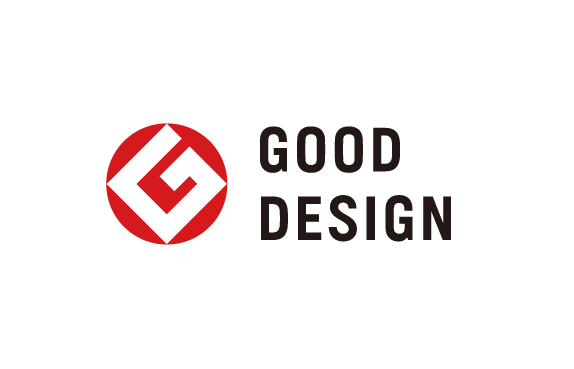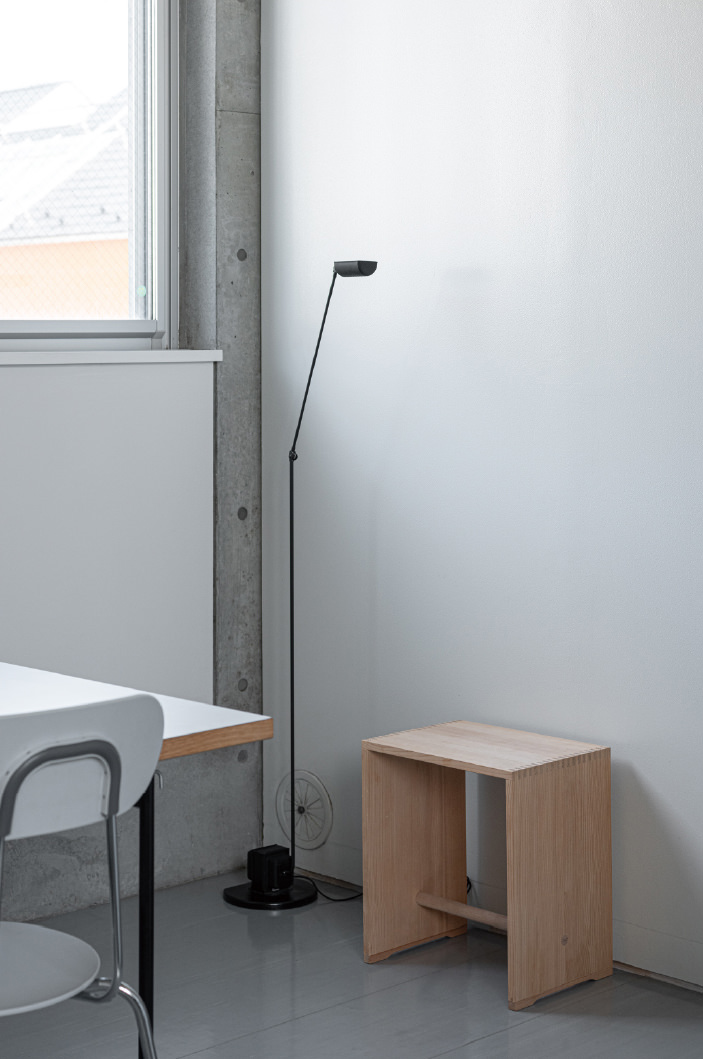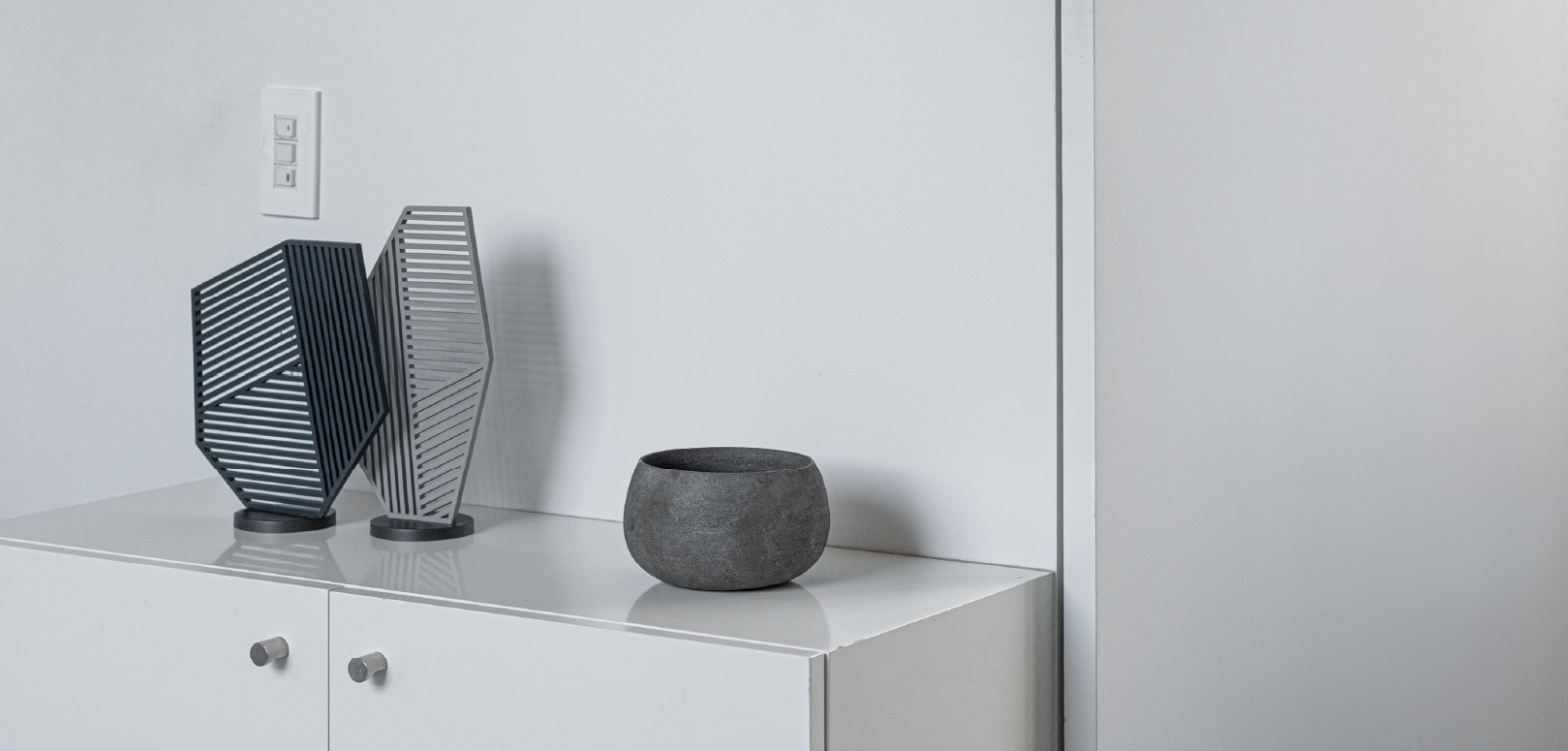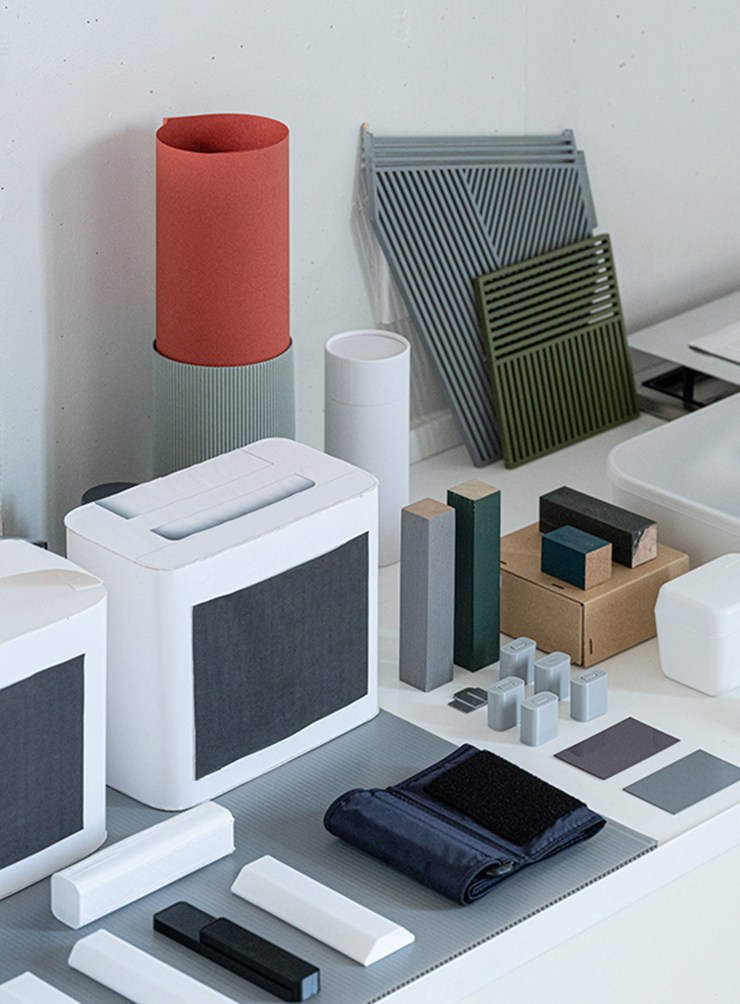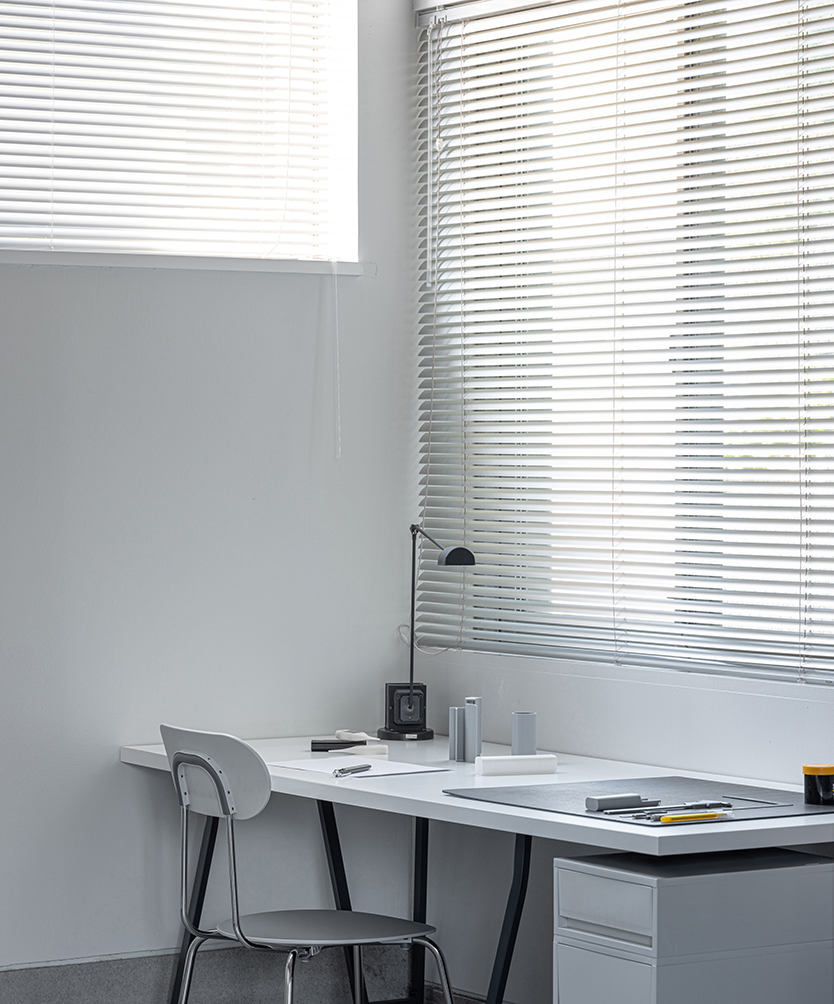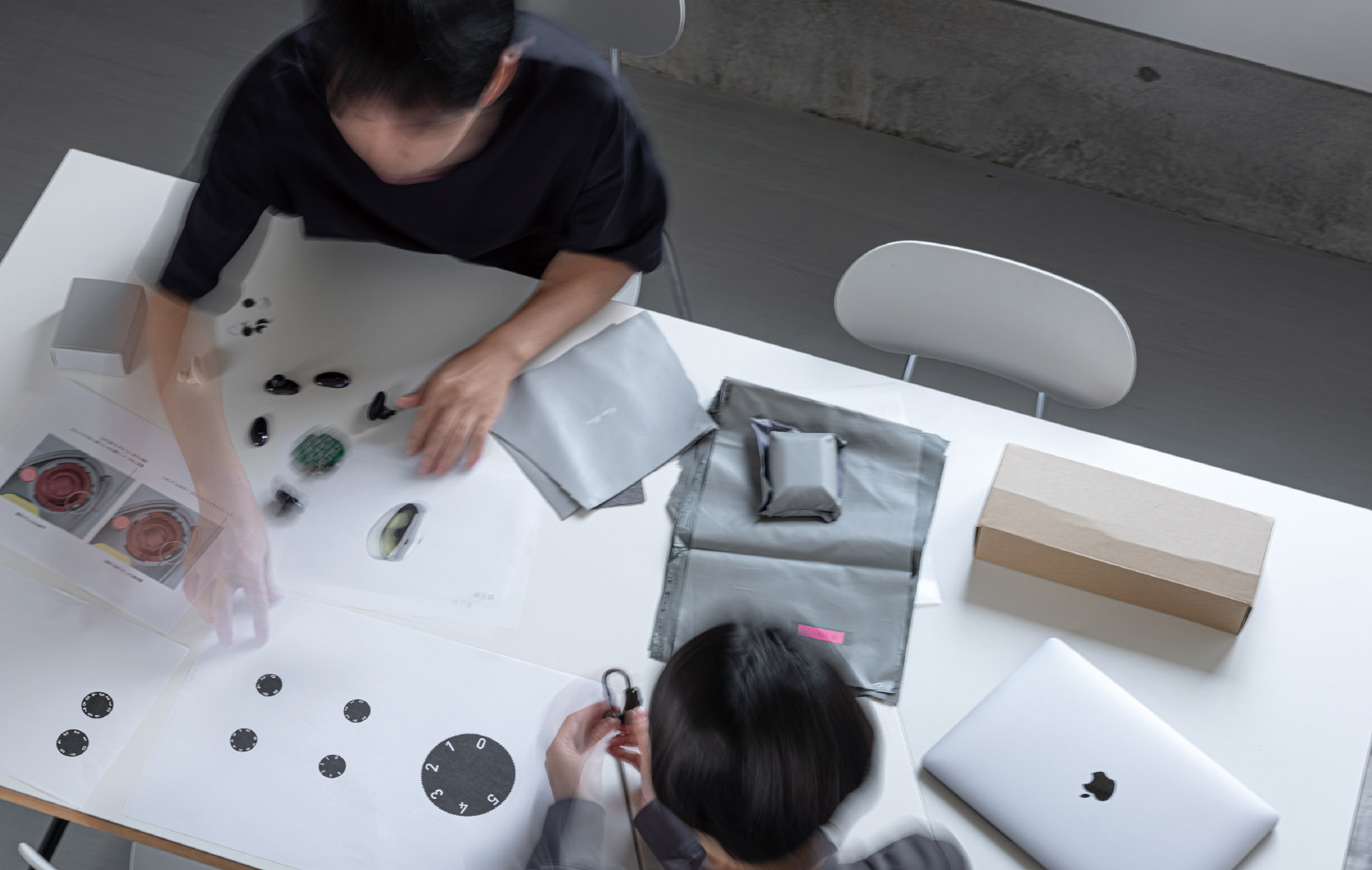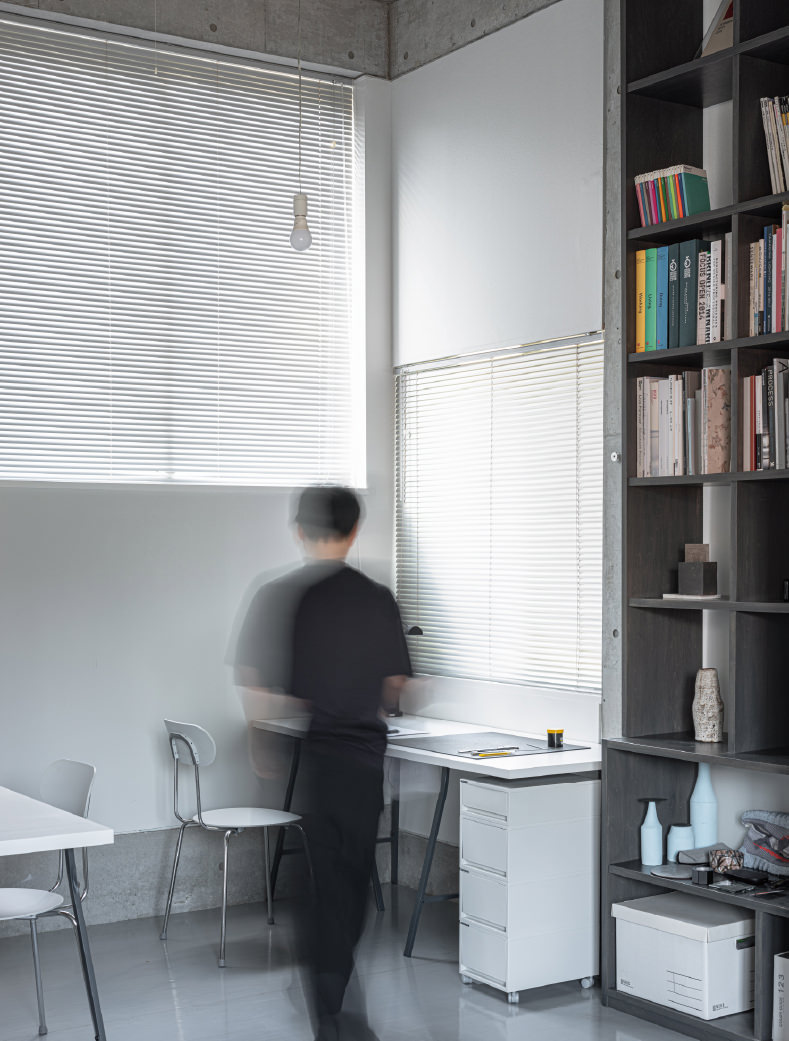Biography
-
上島 弘祥代表 / インダストリアルデザイナー
1979年生まれ。多摩美術大学プロダクトデザイン専攻卒業後、国内の大手家電メーカーのインハウスデザイナーを経て、ドイツへ渡り、現地デザインスタジオで大手グローバル企業のアイデンティティ 開発やプロダクトデザイン開発に従事。2015年に帰国し、東京にTIDSを設立。
ドイツのデザインの現場に身を置いた中で、企業のアイデンティティの研鑽と社会の結びつきに視座を見出し、自身のクリエイションへ展開。大手グローバル企業のプロダクトデザインから、アイデンティティ開発、国内外のエキシビジョンブースのクリエイティブディレクション、商用空間のインスタレーション、産業機器のデモンストレーションユニットまで、人の生活に関わるあらゆる産業の領域を対象にクリエイティビティを提供している。
多摩美術大学非常勤講師、愛知県立芸術大学非常勤講師。
-
Kosho UeshimaIndustrial designer
Born in 1979. After graduating from the Product Design Department of Tama Art University, worked as an in-house designer for a leading domestic electronics manufacturer. Later, moved to Germany and engaged in identity development and product design for major global corporations at a local design studio. Returned to Japan in 2015 and founded TIDS in Tokyo.
While working in the design field in Germany, gained insights into refining corporate identity and connecting with society, which influenced the direction of personal creativity. Offers creativity in various industrial domains related to people's lives, ranging from product design for major global companies to identity development, creative direction for domestic and international exhibition booths, installations for commercial spaces, and demonstration units for industrial equipment.
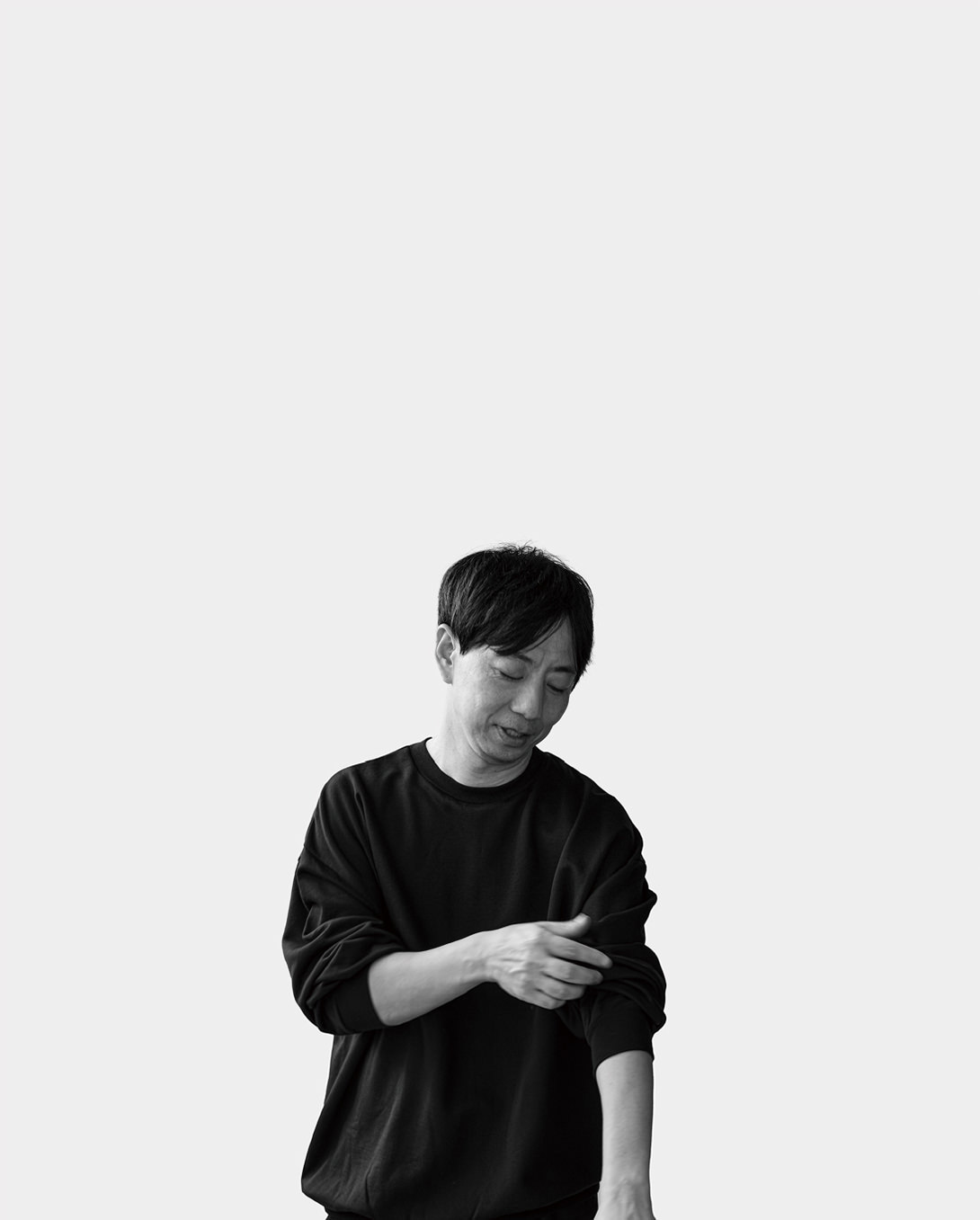
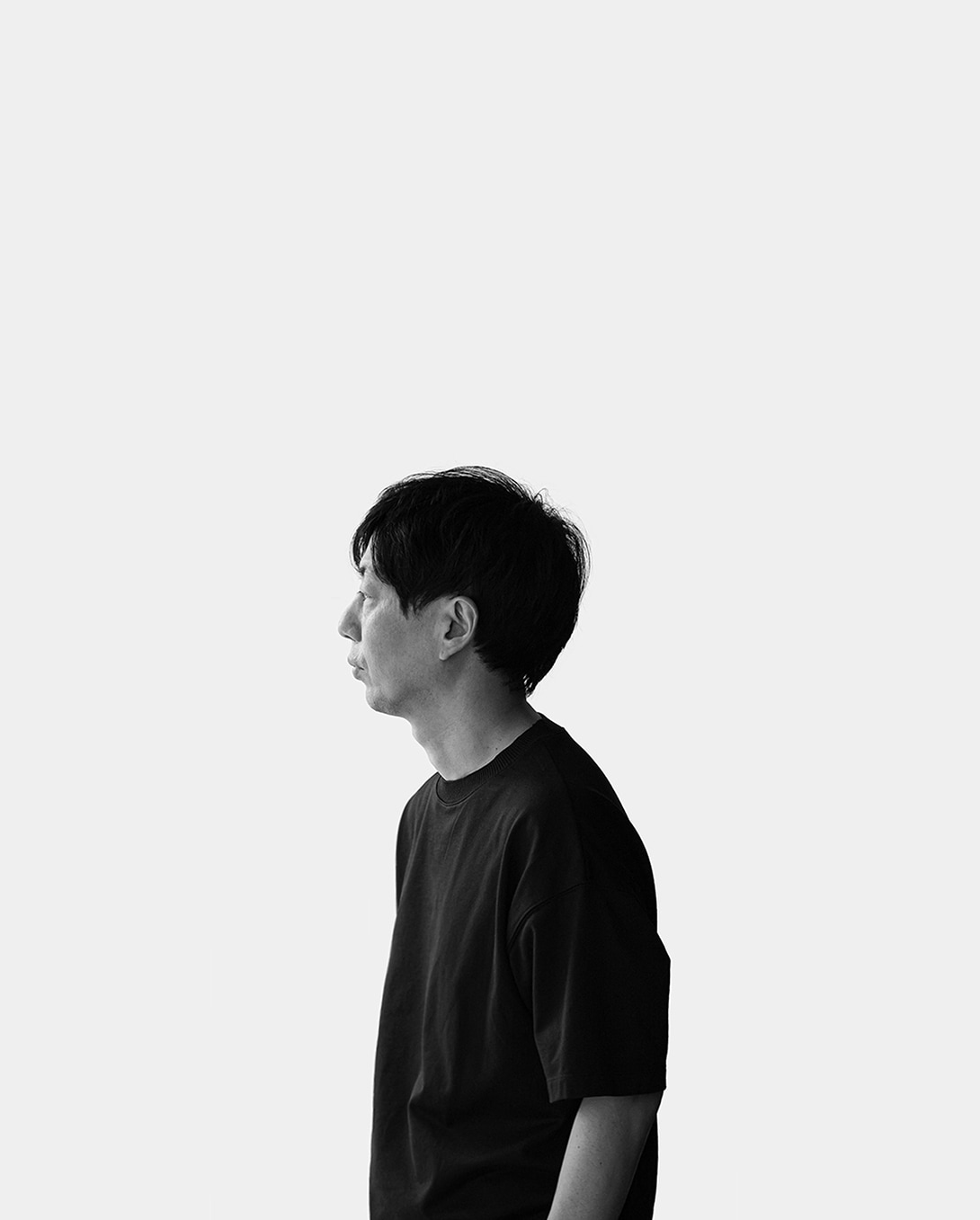
Point of view
-
私は国内の大手インハウスデザイナーを経て、ドイツに渡り、現地のデザインスタジオで経験を積みました。
日本とドイツ、どちらもカメラや自動車、家電製品などの工業製品を作って世界に発信している工業大国に身を置いて感じたことは、日本では、毎年のように機能やスペックが変わる製品が生み出され、次の年には消えていき、一方のドイツでは製品に目をむけると、写真を撮る、人を乗せて移動する、衣類を洗うといったように、どれも日本のそれらと同じ機能や目的を持ったプロダクトでありながら、世界の中で誰もが知るアイコンとなるようなプロダクトを世の中に送り出しています。良いカメラ、良い車、良い洗濯機といえばすぐに浮かんでくるような、そんな製品を生み出せるその力は何だろうかと、ドイツ国内でプロダクトデザイナーとして従事する時間の中で考え続けました。様々な大手クライアントのブランディング開発や製品開発に関わる中、ドイツという国のモノづくりには、アイデンティティの研鑽を核に据えた考え方があるように思えてきました。
彼らは、企業体としての自分たちが何者であるか、何を起源として生まれ、その課程の中で今何をすべきか、自分たちの独自性や専門性を定め、時代に合わせて磨き続けています。そしてそのアイデンティティは、製品を通じてアイコニックな表現として顕在化されることで社会や人とコミュニケーションを取り、磨き上げられた専門性ゆえに、人々は信頼や期待を抱き、より良い物として手に取りたいと思うのではないかと思えたのです。プロダクトデザインは、作り手の目に見えないアイデンティティを顕在化して、社会に伝えることのできる職能だと考えています。
デザイナーの手法や個性の表現ではなく、産業そのものの価値を社会に届ける媒体に徹し、その伝わる純度を高めるための役割を全うしたいという想いをTIDS (=THE INDUSTRIAL DESIGN STUDIO) という名前に込めて、このスタジオをスタートさせました。 -
After working as an in-house designer for a major domestic company in Japan, I gained experience by moving to Germany and working in a local design studio. Having immersed myself in the industrial manufacturing of products such as cameras, automobiles, and home appliances in both Japan and Germany, I observed distinct characteristics in the product lifecycle and design philosophies of the two countries. In Japan, products with changing functions and specifications are created almost every year, only to disappear in the following year. On the other hand, in Germany, products such as cameras, cars, and washing machines serve the same functions and purposes as their Japanese counterparts, yet they become globally recognized icons. I often wondered about the unique ability to create products that immediately evoke associations of excellence—whether it's a camera, a car, or a washing machine—and contemplated this during my time as a product designer in Germany.
Working on branding development and product development for various major clients, I noticed a focus on refining identity at the core of German industry. They define their corporate identity, origins, and current objectives, honing their uniqueness and expertise while adapting to the times. This identity is manifested as iconic expressions through products, allowing communication with society and people. Due to their refined expertise, people trust and expect their products, desiring to own something of higher quality.
I believe that product design is a profession that can manifest the invisible identity of the producer and communicate it to society. Instead of showcasing the designer's methods and personal expressions, it should serve as a medium to deliver the inherent value of the industry to society, enhancing the purity of its communication. With these aspirations, I named this studio TIDS (THE INDUSTRIAL DESIGN STUDIO) and launched it to fulfill the role of delivering the values of the industrial world to society.
